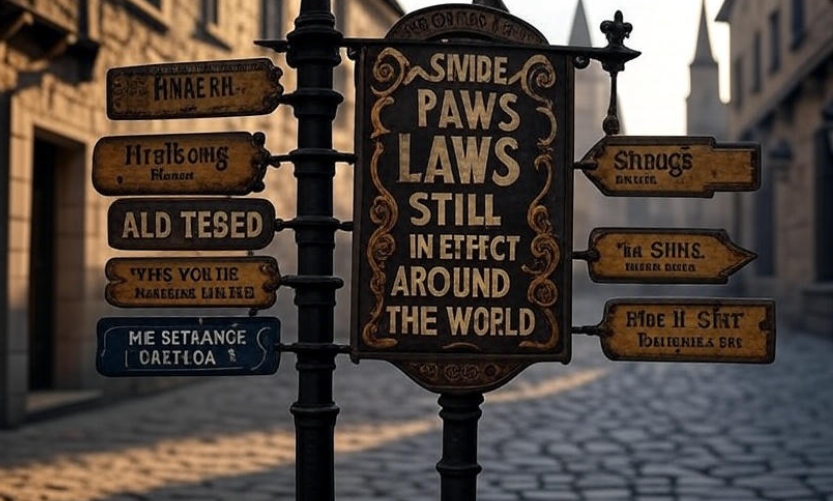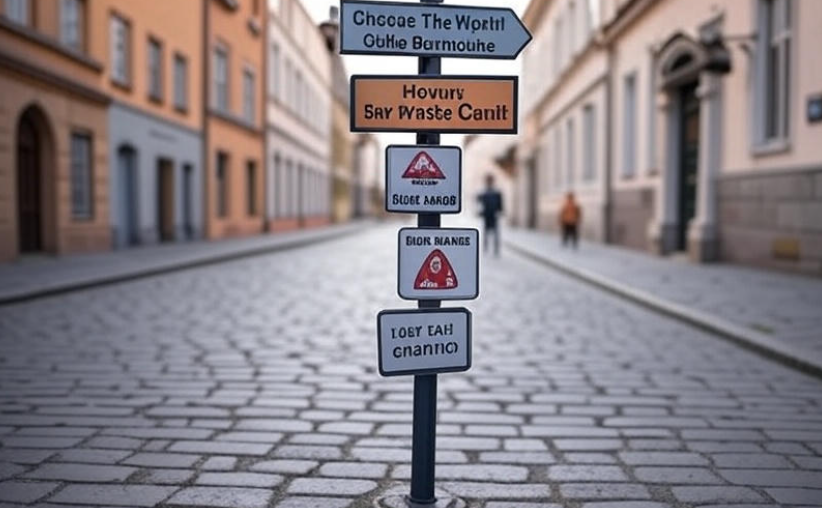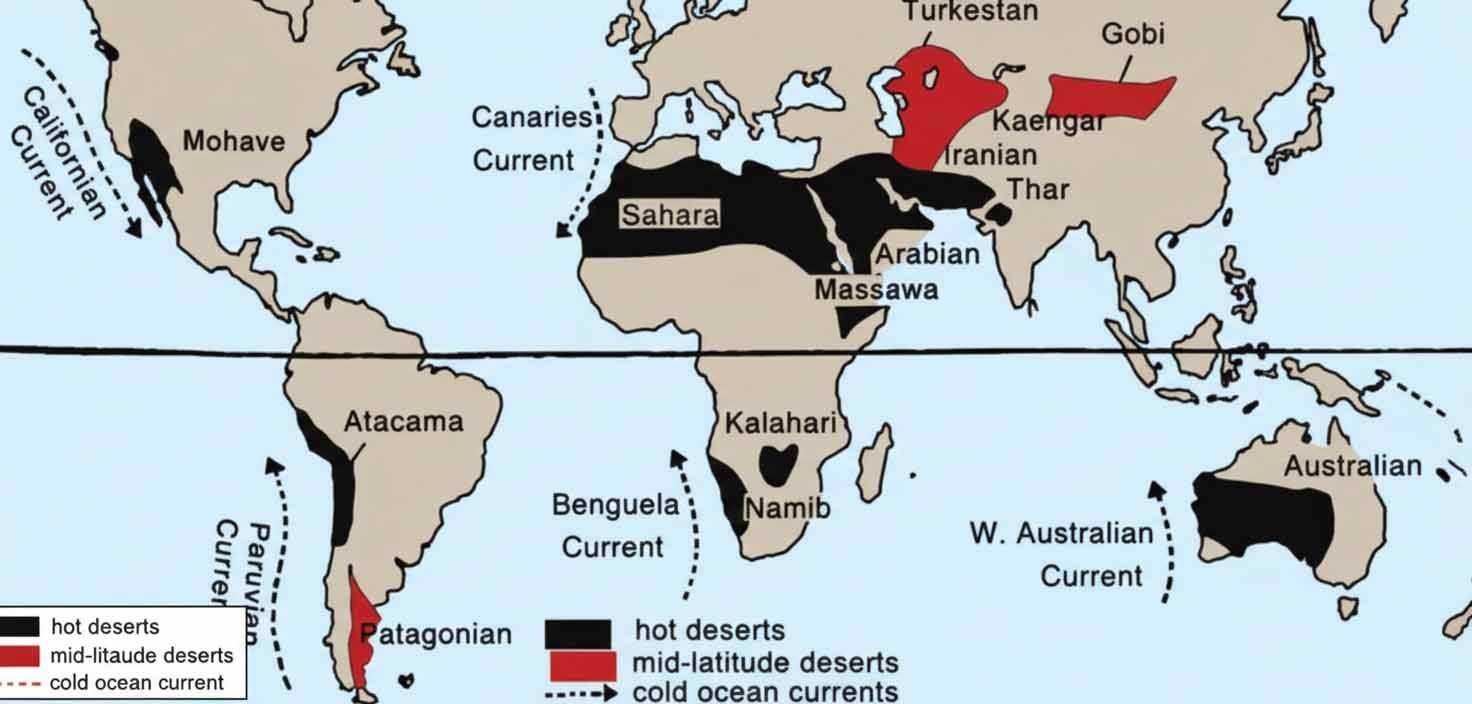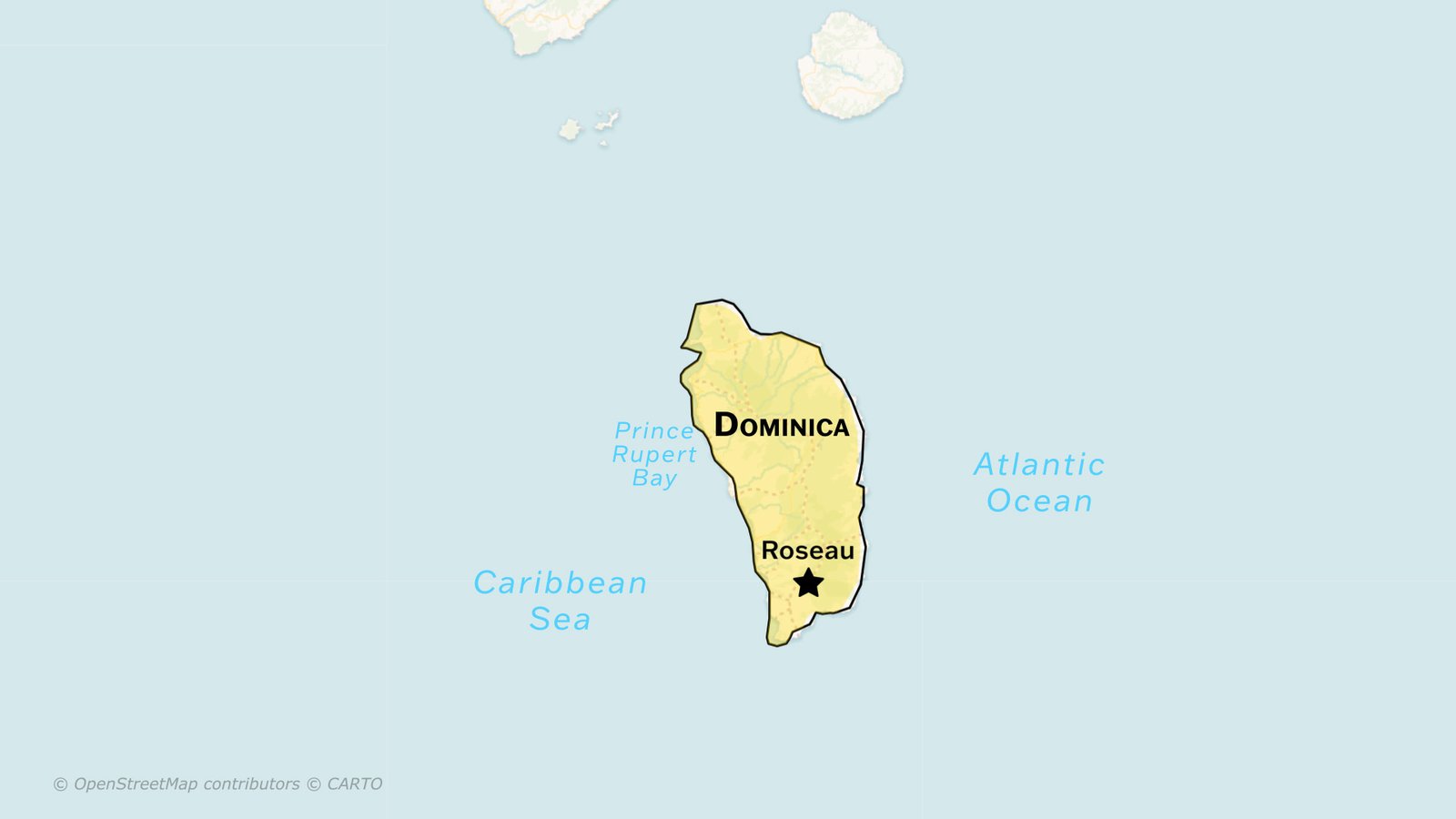When we think of laws, we usually imagine serious rules—don’t steal, don’t hurt others, drive safely. But the world is full of surprises. Believe it or not, some countries still have laws that sound like jokes, yet they are very real and technically still in effect. Some of these laws were made centuries ago and never got removed. Others were created for very specific reasons that might make sense in context but sound bizarre today.
Let’s take a journey into seven of the strangest laws that people still live with around the world. 🌍
Chewing Gum is Banned in Singapore
Singapore is one of the cleanest countries in the world. One reason is its strict laws. Since 1992, chewing gum has been banned. Authorities believed gum was damaging public property—sticking on trains, under tables, and on sidewalks. So they banned it completely.
Interestingly, the law is not just a myth—it’s still enforced. If you are caught selling or bringing chewing gum into the country, you can face heavy fines. There is an exception for medicinal gum (like nicotine gum for people trying to quit smoking), but even that requires a doctor’s prescription.
Imagine visiting Singapore and being careful not to sneak in a pack of gum—it almost feels unreal. 😅
In Switzerland, It’s Illegal to Own Just One Guinea Pig
Switzerland is famous for cheese, chocolate, and… caring about guinea pigs. Yes, really. According to Swiss law, it’s illegal to keep just one guinea pig because they are considered social animals. Having one alone is considered animal cruelty.
This unusual law shows how much Switzerland values animal welfare. If you want a guinea pig, you must adopt at least two. The government even set up services where you can “rent” a guinea pig if one of yours passes away and you need time before adopting another.
While it may sound strange, the law is meant to protect pets from loneliness. 🐹❤️
It’s Illegal to Die in Longyearbyen, Norway
This might be one of the strangest laws on earth. In Longyearbyen, a small town in the Arctic region of Norway, it is technically illegal to die. Why? Because the ground is so cold and permanently frozen that bodies buried there never decompose. This means viruses and diseases could remain preserved for centuries.
So, if someone is seriously ill, they are flown to mainland Norway for treatment and burial. The law has been in place since 1950.
It sounds funny at first, but when you think about it, it’s actually a health and safety rule disguised as a very unusual law.
In Venice, Feeding Pigeons is Against the Law
Venice, Italy, is famous for its canals and romantic atmosphere. But in the past, it was also known for thousands of pigeons filling its squares. Tourists loved feeding them, but the city started to suffer. Buildings were damaged by pigeon droppings, and public areas became dirty.
In 2008, the city banned feeding pigeons in famous spots like St. Mark’s Square. Anyone caught feeding them can be fined up to 700 euros.
So, while you might think throwing breadcrumbs to birds is harmless, in Venice, it’s a serious offense. 🐦
In France, It’s Illegal to Name a Pig “Napoleon”
The French take their history seriously, and Napoleon Bonaparte is one of their most respected figures. To protect his legacy, a law was introduced that makes it illegal to name a pig “Napoleon.”
The idea was to avoid insulting the name of a great leader by attaching it to an animal. While the law is rarely enforced, it still technically exists.
So, if you live in France and own a pig, you’ll need to be a little more creative with names. Maybe “Pierre” or “Bacon” would be safer. 🐖🇫🇷
In Japan, Dancing After Midnight Was Once Banned
Japan is known for its modern culture and love for nightlife. But until 2015, there was an old law that banned dancing in public after midnight. This rule was introduced in 1948 after World War II to prevent underground crime and “immoral behavior” in dance halls.
For decades, clubs had to operate with this strange restriction. Imagine being at a party and suddenly being told you can’t dance anymore just because the clock struck 12. 🕛💃
The law was finally relaxed, but it shows how rules can stay in place for decades, even if they seem outdated.
In Thailand, Stepping on Money is Illegal
Thai money has the image of the King on it. Since the monarchy is highly respected in Thailand, stepping on money is considered disrespectful to the King. Because of this, stepping on a coin or a banknote—even by accident—is against the law.
This can be a surprise for tourists who might casually drop a coin and step on it to stop it from rolling away. What feels like a harmless move could actually get you into legal trouble in Thailand.
It’s a reminder of how laws often reflect cultural values. 💰👑
Quick Comparison Table of Strange Laws
| Country | Strange Law | Reason Behind It |
|---|---|---|
| Singapore | Chewing gum banned | Keep city clean |
| Switzerland | Must own 2 guinea pigs | Prevent loneliness |
| Norway (Longyearbyen) | Illegal to die | Frozen ground preserves disease |
| Italy (Venice) | Feeding pigeons banned | Protect buildings & public health |
| France | Cannot name a pig Napoleon | Respect historical figure |
| Japan | No dancing after midnight (old law) | Control morality & crime |
| Thailand | Stepping on money illegal | Respect for monarchy |

Why Do These Laws Exist?
At first glance, these laws sound silly. But most of them have logical reasons if you dig deeper:
-
Some protect public health (like Norway’s no-death rule or Venice’s pigeon ban).
-
Others protect culture and respect (France and Thailand).
-
A few are about animal welfare (Switzerland’s guinea pig law).
-
And some were just outdated rules that stayed in place far longer than intended (Japan’s dancing ban).
It shows how laws are shaped by history, culture, and environment.
FAQs
Q: Can you really get punished for chewing gum in Singapore?
Yes, but mostly for selling or smuggling it. Tourists chewing a piece usually won’t face big trouble, but fines exist for misuse.
Q: Is it still illegal to dance after midnight in Japan?
The law was lifted in 2015, but it stayed for over 60 years, so many still remember it.
Q: Why can’t people die in Longyearbyen, Norway?
Because the frozen ground doesn’t let bodies decompose, raising risks of preserved viruses.
Q: Are people actually fined for feeding pigeons in Venice?
Yes, officials have fined tourists before, though they often warn first.
Q: What happens if someone in Switzerland owns only one guinea pig?
Animal protection services can step in, and owners are encouraged to adopt or pair them with another.
Final Thoughts
Strange as they are, these laws remind us that societies create rules based on their own needs, values, and traditions. Some of them sound hilarious in today’s world, while others make sense once you know the reason. Next time you travel, remember—what seems normal at home might just get you fined abroad. 😉







